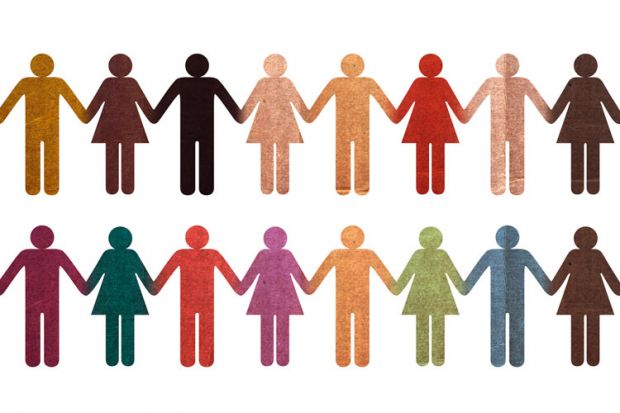
What is sociology?
Sociology is a social science concerned with the study of society and human behaviour and relationships. It uses empirical investigation and critical analysis to understand social order and problems and changes within society, organisations and networks.
The subject matter is diverse and can cover anything from race, social class, crime and law, poverty, education and more theoretical wider issues such as the impact of radical change to whole societies.
Explore the universities offering sociology degrees
What do you learn on a sociology degree?
A sociology degree will analyse and explore human behaviour across different societies, usually from a global perspective.
The first year will often serve as an introduction to issues in contemporary sociology and social and political problems, providing the opportunity for students to discover the aspects of sociology that interest them the most.
Modules will then become more specialised in the second year and third year, branching out across a range of different topics including gender equality, race and culture, politics and equality. Most universities will also teach social research skills, which will be incorporated across the degree programme.
Universities will sometimes offer the opportunity to choose from a range of modules so students can adapt their learning programme to suit their needs and interests.
In the final year, students will usually conduct a piece of sociological research, which will draw on the research skills learnt during the course.
Student experience of studying sociology
Sociology students use their degree to unpick global issues
What should I study if I want to study a sociology degree?
There are no essential subjects that should be studied to guarantee a place on a sociology degree. Most universities will look to see if a student has previously studied sociology but as not all schools offer it, it is not deemed a requirement.
Other subjects that will be useful however, are psychology, history, geography and media studies. Any humanities or social science subject that requires analytical and research skills will be useful. However, this list is not prescriptive and it is always worth checking out what your university of choice will ask for and which grades.
Explore more subject guides
What can you do with a psychology degree?
What can you do with a geography degree?
What can you do with an education degree?
What can you do with an English literature degree?
What can you do with an English language degree?
What can you do with a politics degree?
What can you do with a history degree?
What do people who studied sociology do after graduation?
Due to the analytical and research skills acquired during a sociology degree, graduates can apply these skills across a wide range of careers.
Many students will opt to enter the social sector or work within hospitality or the charity sector. Therapy and counselling are also popular roles with sociology graduates due to their skills in understanding human behaviour.
Teaching, journalism, HR and marketing are also other industries that sociology graduates enter into. Further research and postgraduate study is another option with many students pursuing this path before going into jobs.
Which famous people studied sociology?
Former US President Ronald Reagan majored in economics and sociology at Eureka College, a liberal arts school in Illinois, US. He was the 40th President of the United States between 1981 and 1989.
Singer James Blunt, best known for his 2005 single “You’re Beautiful” and witty Twitter comebacks, graduated with a BSc in sociology from the University of Bristol, before serving in the army and then embarking on his pop career. He once said that his degree in sociology helped him to write music, with his songs often focusing on the way humans interact with each other.
Read more: Best universities for social science degrees























Have your say